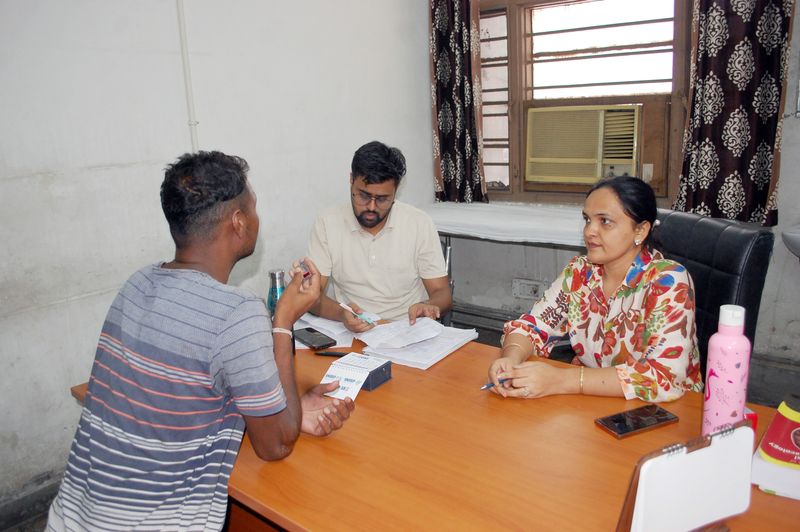In today’s digital age, social media has become an integral part of our lives, and children are no exception. However, the widespread use of social media among school-going children has led to a growing concern about issues related to body and face. Children as young as 10-12 years old are exposed to unrealistic beauty standards and photoshopped images on social media platforms, which are negatively impacting their self-esteem and confidence.
As per health experts, social media has set unrealistic beauty standards that children tend to follow without knowing that most of the images are photoshopped. Dr Sandeep Aggarwal, Associate Professor of Paediatrics at Government Medical College, warns that parents should stay alert and keep a tab on their children to see if their child was being influenced by such things.
The impact of social media on children’s mind can be devastating. Here are a few of the examples as given by medical professionals. A 12-year-old girl compares her body to that of her favourite celebrity and feels inadequate because she doesn’t have a ‘perfect’ figure. A 10-year-old boy feels self-conscious about his weight and starts dieting without consulting a doctor or a nutritionist. These are just a few examples of how social media can affect children’s perception of themselves.
Social media platforms like Instagram and Snapchat showcase reels of people’s lives, often presenting unrealistic and unattainable beauty standards. Children may feel the pressure to conform to these standards, leading to feeling of inadequacy, low self-esteem and body-wise dissatisfaction.
Experts warn that it’s the responsibility of parents and teachers to make children aware of the difference between “reel” and real. Dr Naresh Grover, a paediatrician, emphasised the need to talk to children about the potential negative impact of social media on one’s confidence and self-esteem. “We need to tell children about the potential negative impact of social media. Encourage them to express their feelings and concerns.”
The on-screen presence of children has increased to alarming levels, and experts warn that parents should monitor what content their children are watching. Saachipreet Kaur, a mother of a 13-year-old girl, shares her experience of finding her daughter and her friends engaged in negative body talk, criticising each other’s appearance and perpetuating unrealistic beauty standards.
The doctors stated that by being aware of the potential risks and taking proactive steps, parents can help their children develop a positive frame of mind with regard to their body and reduce the negative impact of social media.
